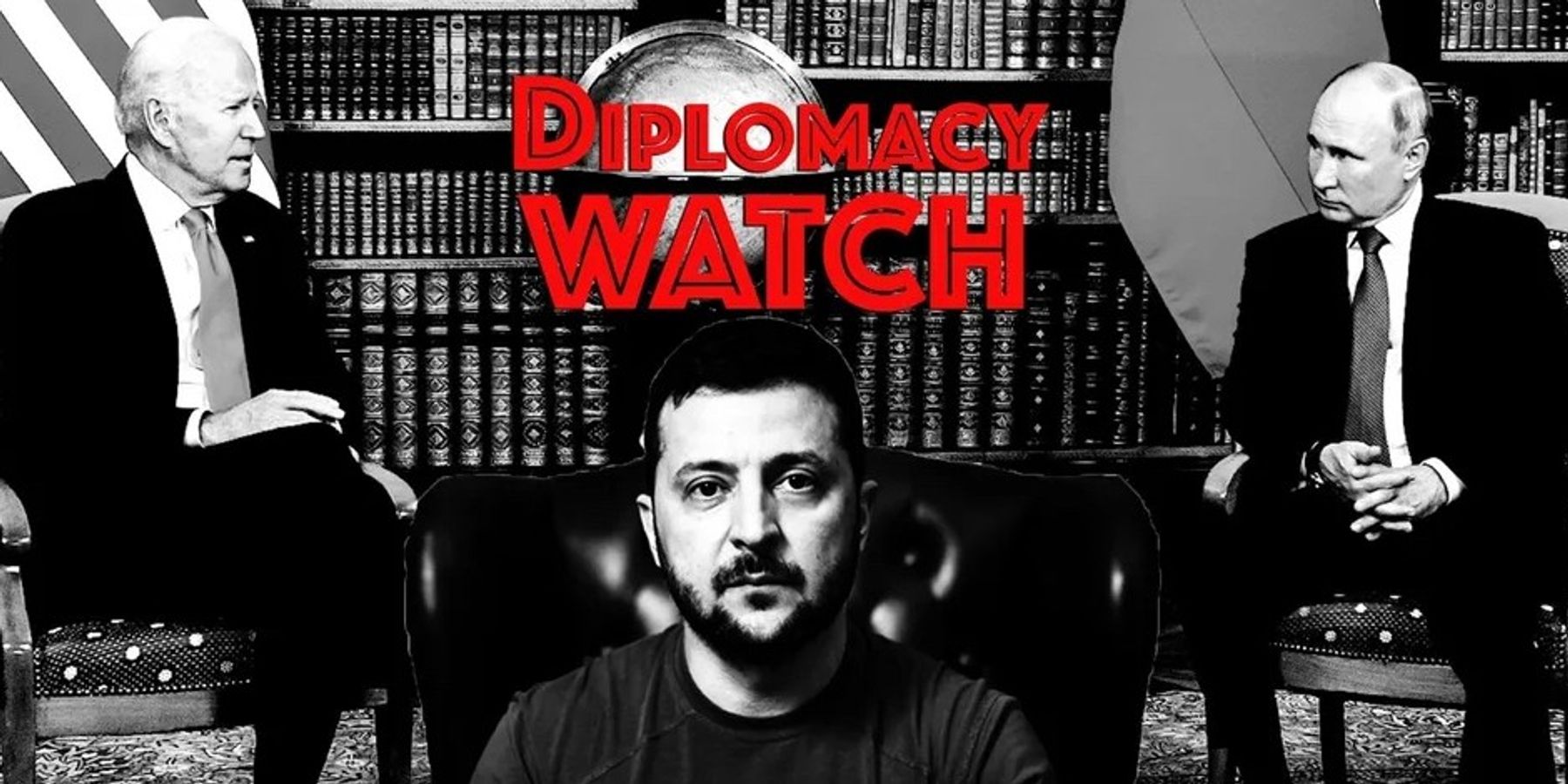On Wednesday, a Ukrainian delegation led by Defense Minister Rustem Umerov met with South Korean officials, including President Yoon Suk Yeol. The AP reported that the two countries met to discuss ways to “cope with the security threat posed by the North Korean-Russian military cooperation including the North’s troop dispatch.”
During a previous meeting in October, Ukrainian President Volodomir Zelenskyy said he planned to present a “detailed request to Seoul for arms support including artillery and air defense systems.”
So far, South Korea has participated in sanctions against Moscow, has sent Kyiv financial aid, and supplied vehicles and de-mining equipment. However, Seoul has declined to provide weapons to Ukraine, even as North Korean forces are confirmed to be supporting Russian troops on the frontlines of the war.
South Koreans have been resistant to sending weapons to Ukraine. According to a Gallup poll, 82% of the public opposed such measures. While the government has not ruled out sending weapons to Ukraine, experts question whether Seoul is likely to provide weapons at this stage, as President Yoon’s approval ratings are very low, and South Korea has little to gain from such an escalatory action, even when considering North Korean involvement in the conflict.
“This kind of alleged collaboration between Russia and the DPRK only poses a concern for Seoul insofar as it is being used by Western leaders to rope South Korea into taking a more active role in aiding Ukraine,” says the Quincy Institute’s Mark Episkopos. “The ROK must balance any such pressure from the White House with the looming transition to a Trump administration that approaches the Ukraine war in a fundamentally different way.” He adds, “under the circumstances, Seoul has little to gain from radically upending its cautious, passive Ukraine policy in the waning days of the Biden administration.”
For its part, Moscow has responded harshly to the possibility of South Korea supplying Kyiv with arms. “Seoul must realize that the possible use of South Korean weapons to kill Russian citizens will fully destroy relations between our countries,” said Russian Deputy Foreign Minister Andrey Rudenko.
Neither Seoul nor Kyiv have commented on whether any agreements were made concerning weapons sharing but agreed to continue sharing security information related to North Korea and Russian cooperation.
Other Ukraine News This Week:
Reuters reports that Ukraine launched American-supplied ATACMS twice in the last week. Both strikes targeted Russian operations in Kursk. The Russian Defense Ministry said that “retaliatory measures are being prepared.”
A record-breaking 188 drones were launched by Russia on Tuesday. The AP reports that most of the drones were intercepted, but that damage was done to civilian infrastructure, with no reported casualties. The drones were launched all at once, targeting 17 of Ukraine’s regions.
An analysis of Russia’s Oreshnik missile indicates that it was potentially not loaded with any explosives, or possibly a very small amount. According to the New York Times, the missile launched last week caused less damage than would have been expected had it been heavily armed. Jeffery Lewis, a nuclear nonproliferation expert at the Middlebury Institute for International Studies, said that “the damage to the facility is quite specific — no large explosions, just big holes punched in the roofs.”
Even though the missile was seemingly minimally armed, the Times reported that “Nick Brown, an analyst at Janes, the British-based defense intelligence firm, said it was the longest-range weapon to ever have been used in conflict in Europe.”
Russian state media claims that the Kremlin complied with a 1988 ballistic missile agreement by warning the United States of the launch 30 minutes in advance.
According to Reuters, North Korea has begun to expand a plant that makes Russian-used missiles. The plant makes short-range missiles that are assumed to be used in Russia, but Moscow and Pyongyang have both denied the transfer of North Korean weapons into Russia.
The Financial Times reported that Russia has recruited potentially hundreds of Yemeni nationals to assist in its war against Ukraine. The Houthi-connected recruits were apparently promised well-paying jobs and even Russian citizenship, before being coerced into military service.
The Houthi government and Moscow have been working to deepen relations and secure contracts, according to U.S. special envoy for Yemen Tim Lenderking. Additionally, a member of the Houthi movement told Russian media that the Houthi government was in “constant contact” with Moscow.
According to FT, many of the recruits had no military training and were tricked into service by signing contracts that they could not read.
From State Department Briefing on Nov. 25
Spokesperson Matthew Miller said reports about Yemeni nationals being recruited to fight alongside Russian forces in Ukraine were concerning and reflected the desperation that Moscow was experiencing at this point in the war.
Miller also said that any deterioration of relations between North and South Korea and Russia would be the fault of the Kremlin, not the West or Ukraine. Additionally, he could not confirm whether Russia had begun to supply North Korea with missile defense systems or not.
Miller did not have any comment on the reports that some European officials were discussing the possibility of deploying forces to Ukraine.
- White House howling over Putin-Kim Jong Un hug rings hollow ›
- South Korea hits back against Putin-Xi defense pact ›
















